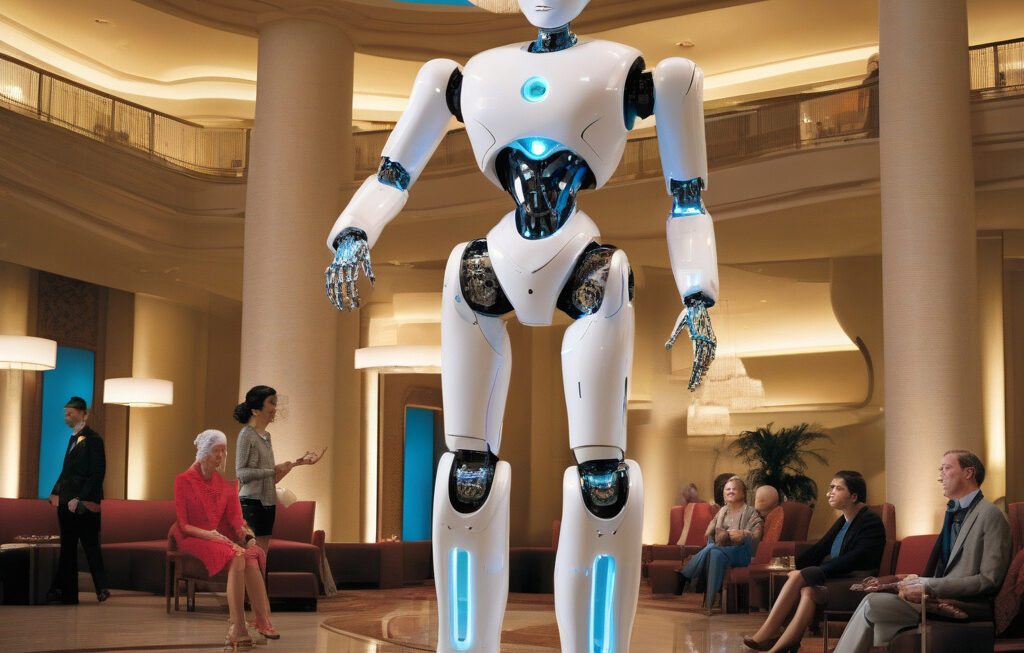Opinion: A Luxury Travel Bubble Is Swelling
In recent years, the travel industry has witnessed a significant shift towards catering to luxury-seeking vacationers who are willing to splurge on high-end experiences. Hotels and airlines alike have been tapping into this lucrative market, offering exclusive amenities, personalized services, and extravagant packages to attract affluent travelers. However, as the demand for luxury travel continues to rise, one cannot help but wonder: what will happen when these aspirational vacationers decide to tighten their purse strings?
The current trend in the travel industry is all about indulgence and opulence. From luxury suites in exotic locations to first-class flights with gourmet dining options, the competition to woo high-spending travelers is fiercer than ever. Hotels are pulling out all the stops to offer unique experiences, such as private butler services, exclusive spa treatments, and access to VIP events. Airlines, on the other hand, are revamping their premium cabins with lie-flat beds, designer amenity kits, and Michelin-starred menus to cater to the discerning tastes of luxury travelers.
While this emphasis on luxury travel has been a boon for hotels and airlines, there is a potential downside to this trend. The travel industry is notoriously sensitive to economic fluctuations, and a sudden downturn in the global economy could spell trouble for luxury providers. If aspirational vacationers decide to cut back on their travel spending in response to economic uncertainty, hotels and airlines that rely heavily on this demographic could find themselves in hot water.
Moreover, the rise of alternative lodging options, such as Airbnb and vacation rentals, has presented a new challenge to traditional luxury providers. These platforms offer travelers the chance to experience local culture and hospitality in a more authentic and cost-effective way, posing a threat to the traditional hotel model. As more and more travelers opt for unique and immersive experiences over lavish accommodations, luxury hotels may need to rethink their strategies to stay relevant in a rapidly changing market.
To weather the storm and avoid being caught off guard, hotels and airlines should focus on diversifying their offerings and appealing to a wider range of travelers. Instead of solely targeting high-net-worth individuals, luxury providers could introduce mid-range options that offer a taste of luxury without the exorbitant price tag. They could also explore partnerships with experiential travel companies or integrate sustainable practices into their operations to attract socially-conscious travelers.
In conclusion, while the luxury travel bubble is currently swelling, there are potential risks on the horizon that hotels and airlines need to be mindful of. By staying agile, innovative, and attuned to changing consumer preferences, luxury providers can ensure their long-term success in an increasingly competitive market. After all, in the world of travel, adaptability is key to staying ahead of the curve and weathering any storm that may come their way.
luxury travel, affluent travelers, economic fluctuations, alternative lodging, experiential travel.











